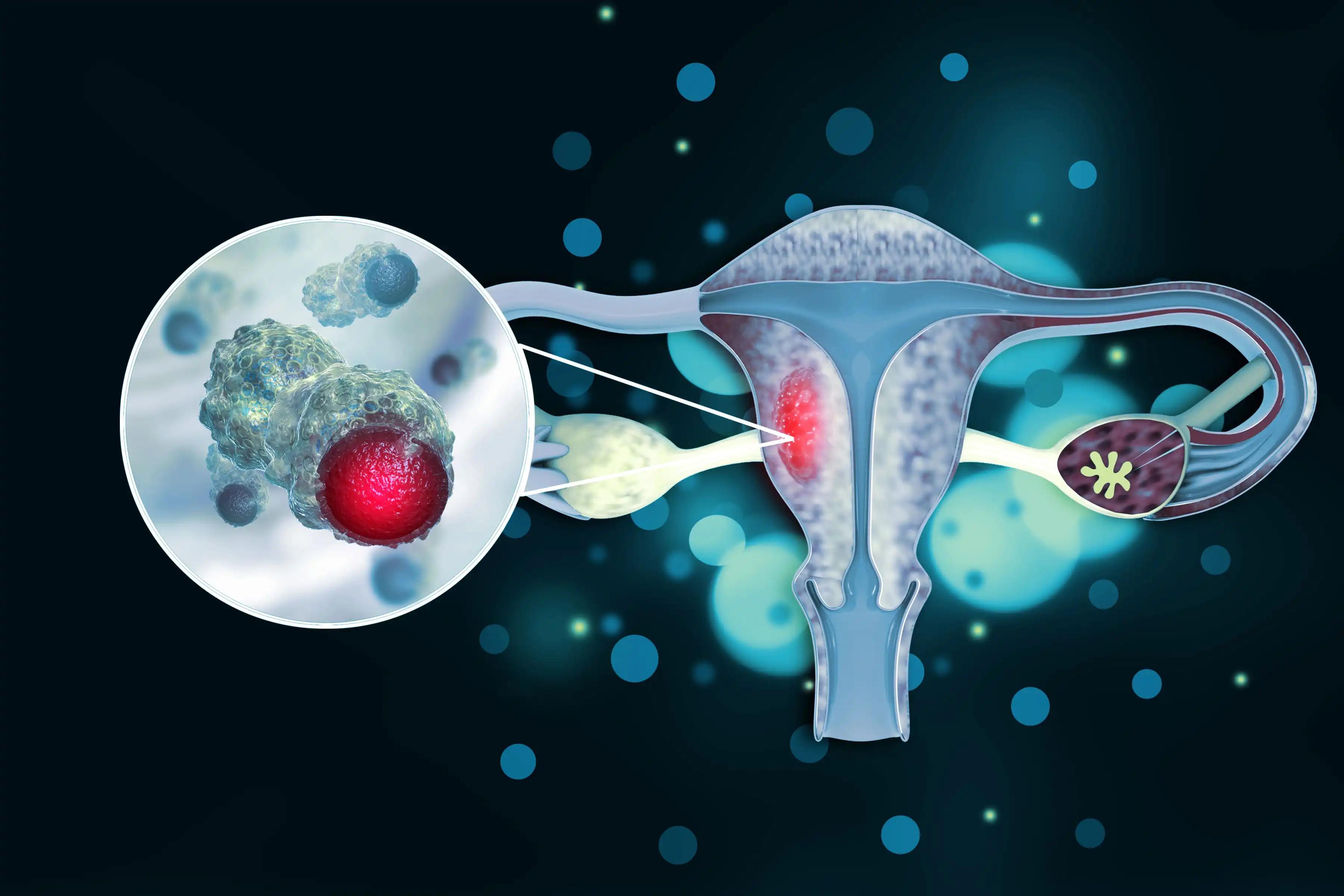KEY TAKEAWAYS
- The study aimed to explore the genetic or causal relationship between neuropsychiatric disorders with CC.
- Researchers observed that depression is genetically and causally linked to CC risk.
Neuropsychiatric disorders and cervical cancer (CC) pose substantial impacts on women’s health. Neuropsychiatric disorders are considered common symptoms in patients (pts) with cancer, which are prospectively believed to increase the risk of malignant neoplasms.
Jie Li and the team aimed to identify whether neuropsychiatric disorders have a genetic or causal association with CC and investigate the underlying molecular mechanisms.
They conducted an exploratory analysis, in which GWAS data related to nine neuropsychiatric disorders, like schizophrenia, bipolar disorder, autism spectrum disorder, parkinson’s disease, anxiety, alzheimer’s disease, mood disorders, depression, and alcohol dependence, were obtained to calculate heritability (h2) and genetic correlation (rg) with CC using linkage disequilibrium score regression (LDSC).
They employed mendelian randomization (MR) analysis to assess the causal effects of the 2 cohorts. Shared gene expression pattern analysis was subsequently conducted to investigate the molecular mechanism underlying these significant associations.
Results revealed that anxiety, mood disorders, depression, and alcohol dependence were genetically correlated with CC (all adjusted P< 0.05). In both the discovery (ORIVW: 1.41, PIVW = 0.02) and replication cohorts (ORIVW: 1.80, PIVW = 0.03) depression was the only neuropsychiatric disorder that was established to have a clinical link to CC during the MR analysis.
During the gene expression pattern analysis, 270 genes related to depression and CC were identified, comprising tumor necrosis factor (TNF), and were significantly upregulated in pts with CC. In contrast, an association between vascular endothelial growth factor A (VEGFA), transcription factor AP-1 (JUN), and insulin-like growth factor I (IGF-I) with prognosis was unveiled in pts with CC (all P < 0.05).
VEGFA, transcription factor JUN, and IGF-I were associated with prognosis in pts with CC (all P < 0.05). These overlapping genes implicated the involvement of multiple biological mechanisms, such as neuron death, the PI3K-Akt signaling pathway, and human papillomavirus infection.
The study concluded that genetic, causal, and molecular evidence indicated that depression increases the risk of CC. The TNF, VEGFA, JUN, and IGF-1 genes and the neuron death, PI3K-Akt, and human papillomavirus infection signaling pathways may explain this association.
The study did not receive any external funding.
Source: https://pubmed.ncbi.nlm.nih.gov/38977982/
Li J, Qi J, Zhang J, et al. (2024). “Relationships between nine neuropsychiatric disorders and cervical cancer: insights from genetics, causality and shared gene expression patterns.” BMC Womens Health. 2024 Jul 8;24(1):394. doi: 10.1186/s12905-024-03234-5. PMID: 38977982; PMCID: PMC11229200.



